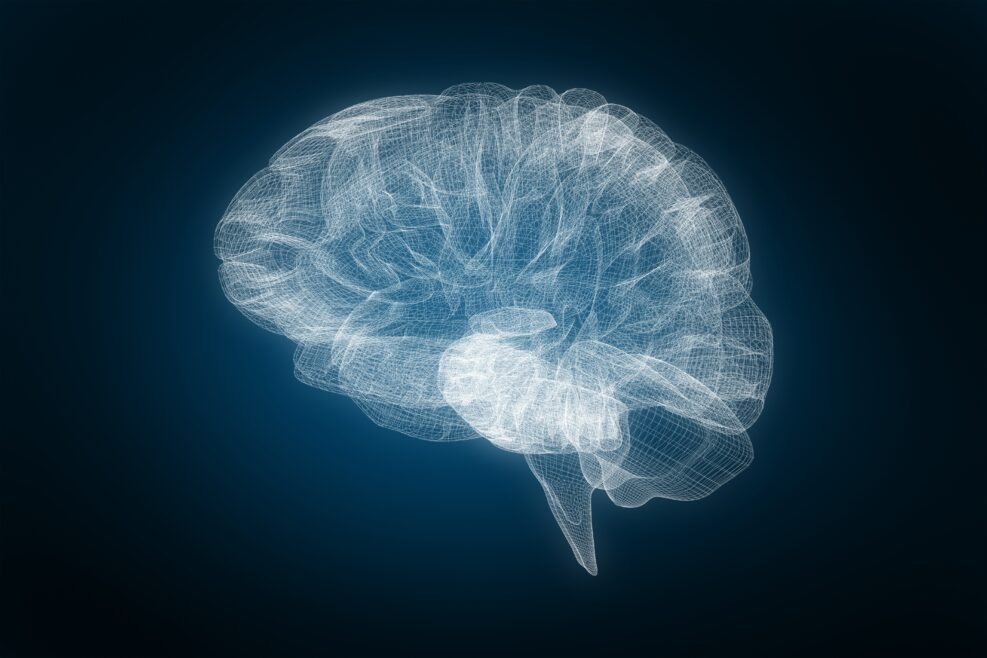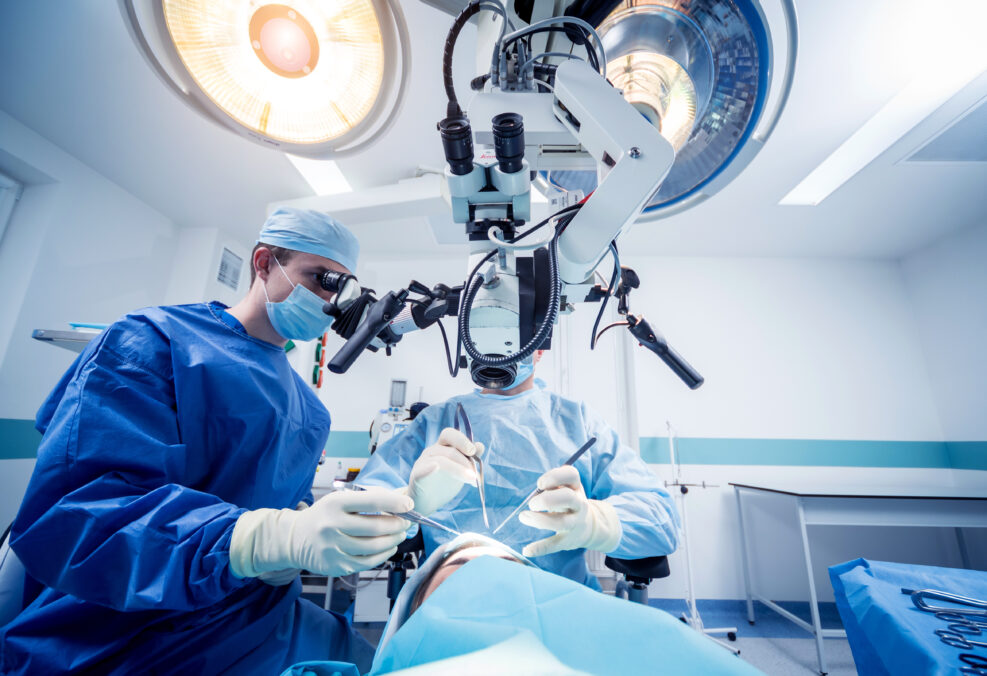
CategoryNeuroscience

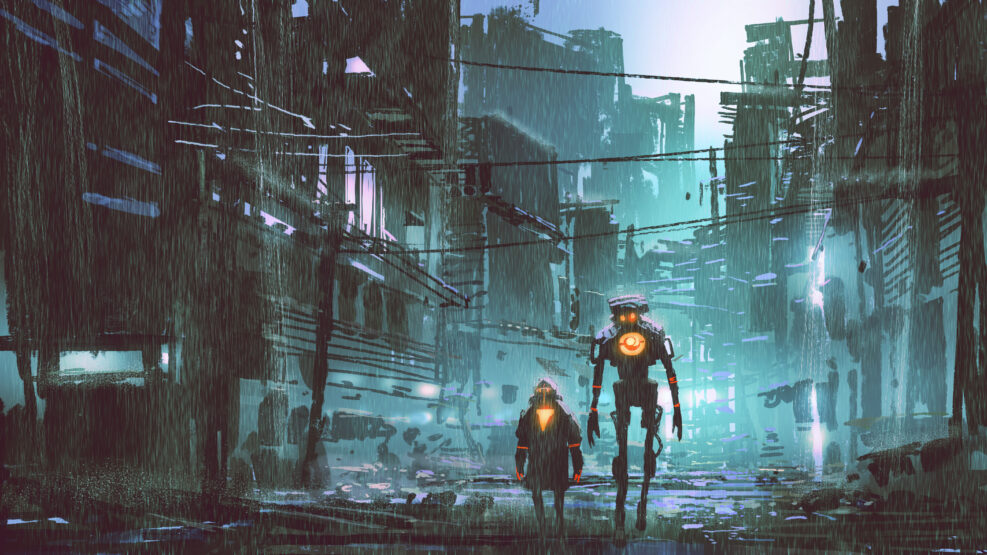
Is AI the Triumph of Left-Brained Thinking? What Follows?
Psychiatrist Iain McGilchrist argues that it is and asks us to consider what its cultural lean toward the “left brain” is doing to us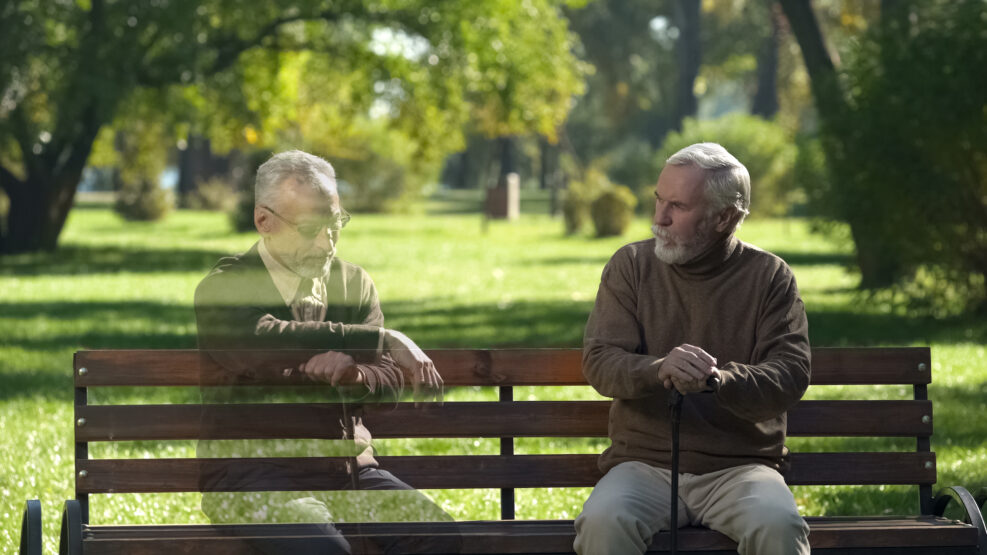
Why Can’t Our Memories Be “Stored” in the Brain?
The image of storing and erasing memories is popular due to computer technology but it is not relevant to how the human mind works
A Philosopher Explains: How the Soul Relates to the Body
James Madden explains a philosophical approach to the soul called hylomorphism which, he argues, can benefit neuroscience
Hall of Mirrors: The Many Ways Consciousness Baffles Researchers
Does consciousness have a seat at the table? Wait a minute. Isn’t consciousness the table? Or is it?
How Neuroscience Disproved Free Will and Then Proved It Again
In this excerpt from Minding the Brain (2023), neuroscientist Cristi L. S. Cooper discusses the discovery of “free won’t” — the decision NOT to do something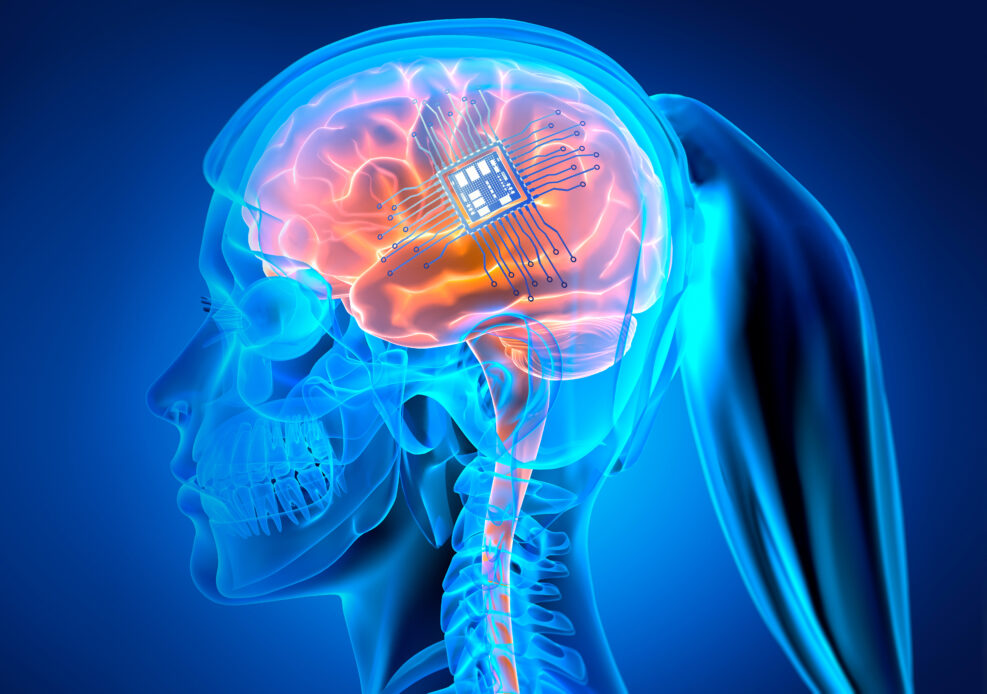
Will Neuralink’s Brain Implant Help Paralysis Victims?
Addressing disabilities like paralysis, limb loss, and blindness seems a more realistic goal than the hyped (and feared) human–machine hybrids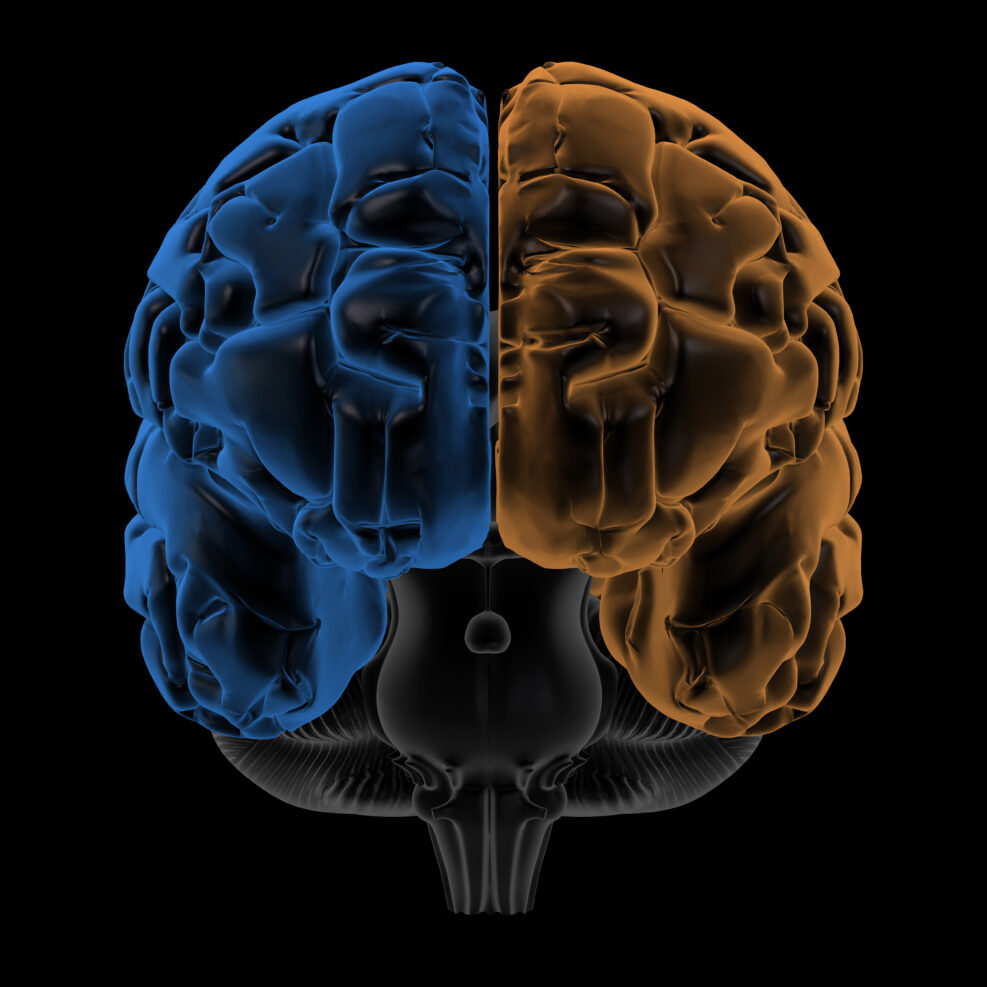
Could Human Consciousness Be a Recent Historical Development?
Julian Jaynes’s bicameral mind theory, popular in the 1970s, stated that until about 3000 years ago, humans were not really conscious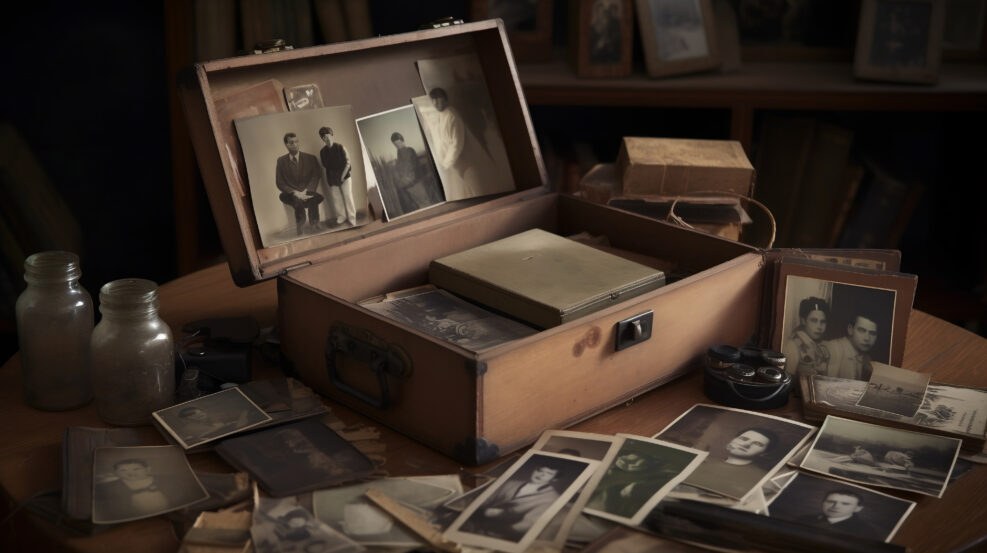
Where, Exactly, Is Memory Stored in the Brain?
The hippocampus of the brain is important for memory formation but memories are immaterial and are not really “stored” anywhere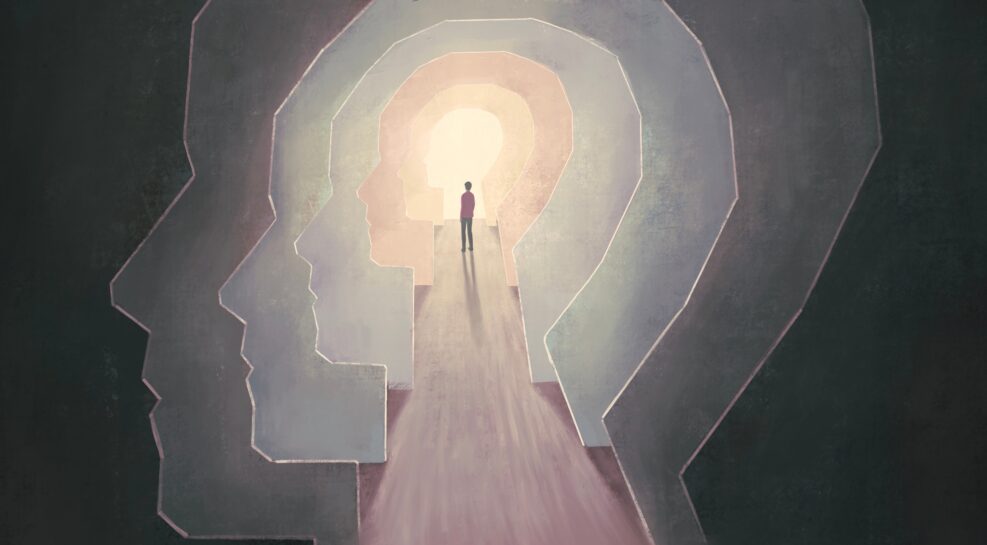
What Christof Koch Misunderstands About the Mind and the Brain
In his revealing interview at Closer to Truth, the Allen Institute neuroscientist, though he doubts physicalism, attributed subjective experiences to “brains”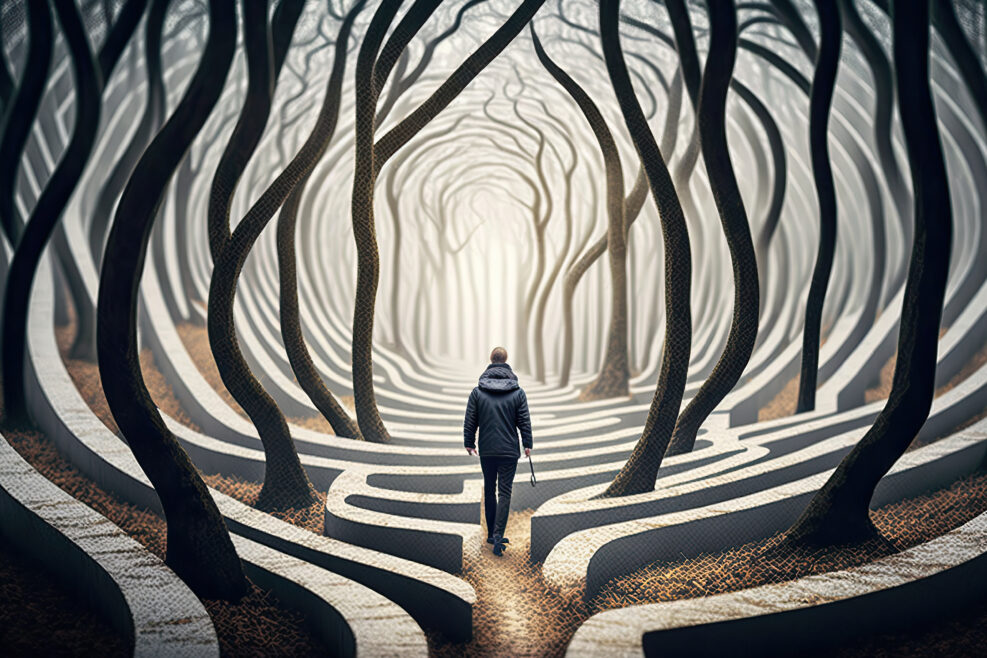
Leading Neuroscientist Wavers on Physical View of Consciousness
On Closer to Truth, Christof Koch said last month, “Consciousness cannot be explained only within the framework of space and time and energy, but we need to postulate something additional”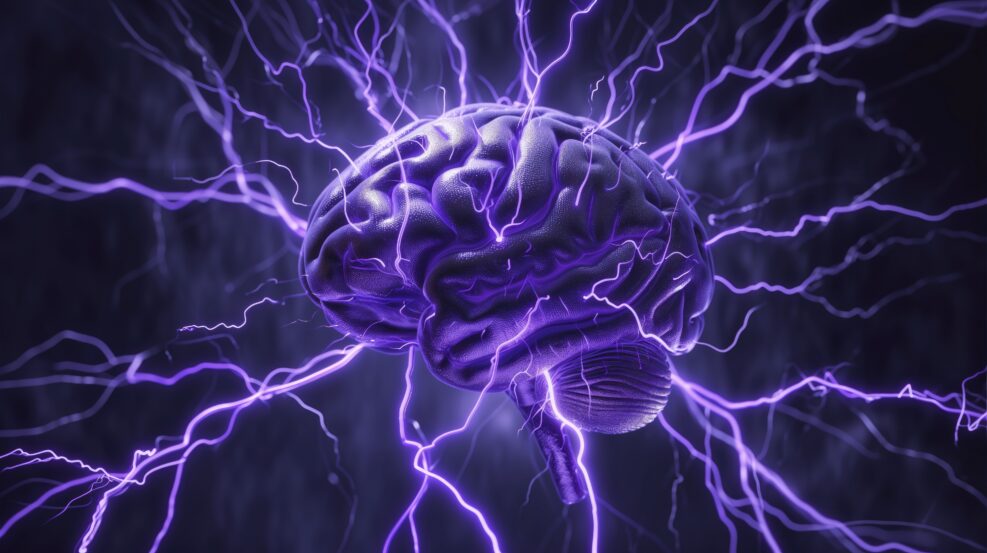
Are Researchers Taking Mystical Experiences More Seriously Now?
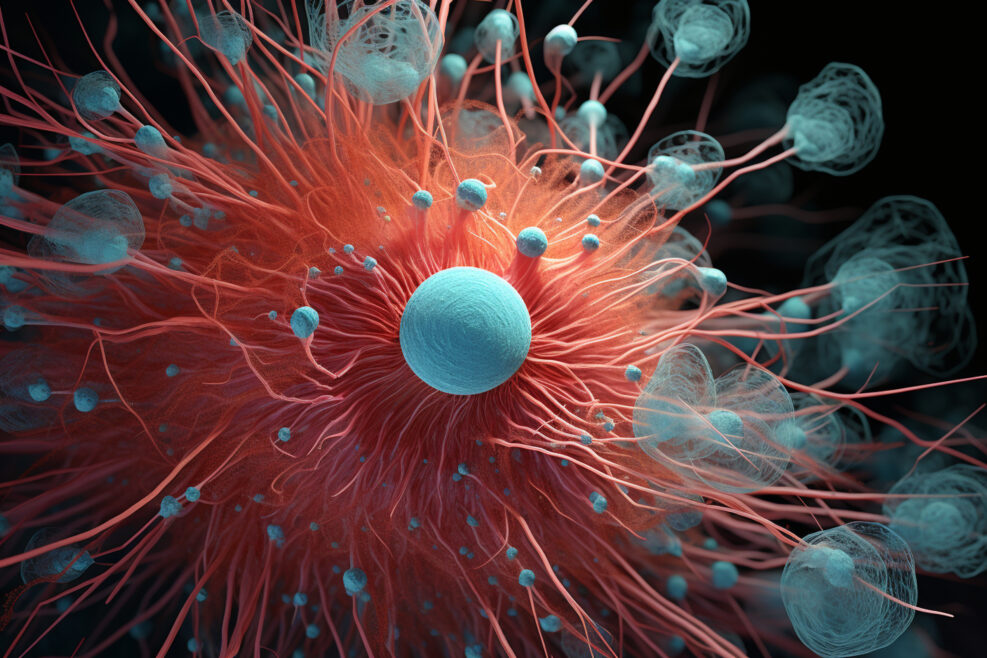
How Quantum Theory Relates To Consciousness
Experimental physicist Rob Sheldon explains the background to Hameroff and Penrose’s contested quantum consciousness theory, which is beginning to be tested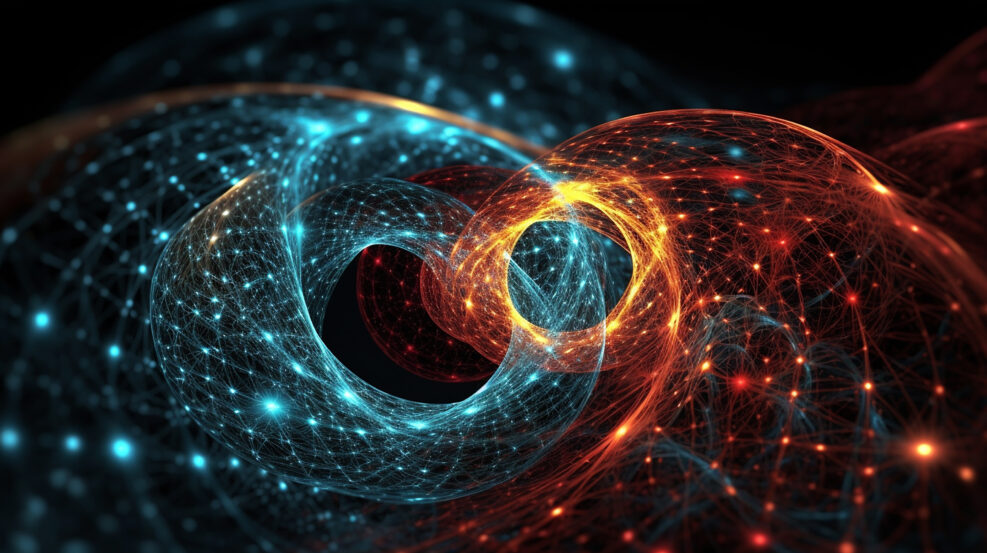
The Theory That Consciousness Is a Quantum System Gains Support
Hameroff and Penrose’s Orch Or Theory sees consciousness as the outcome of a quantum collapse of a wave function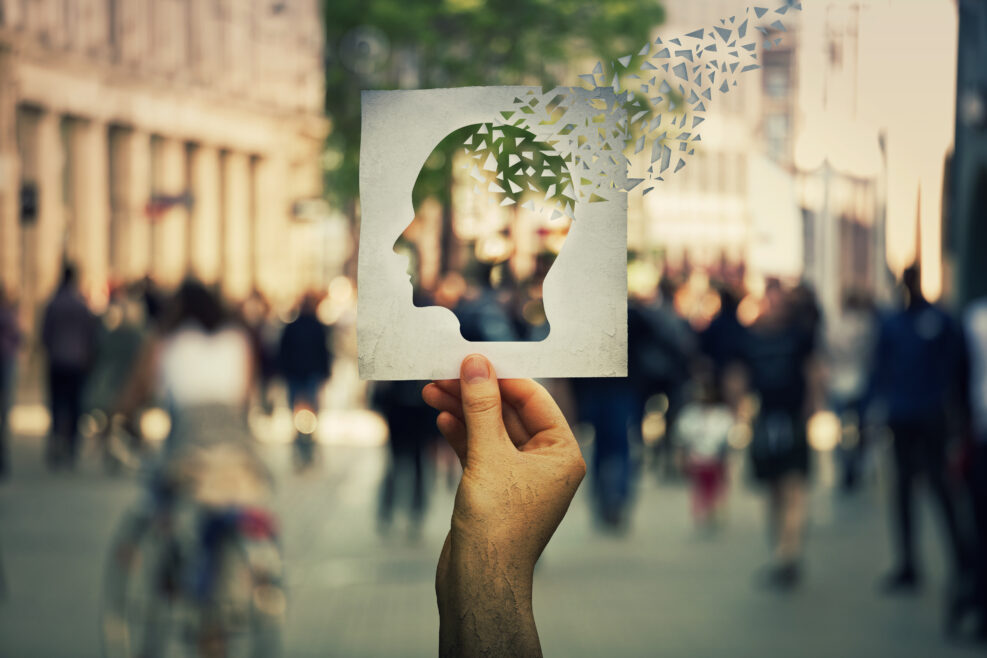
Forget Stuff? Relax. Your Mind Is Likely Functioning As It Should
Recent research suggests that memories can sometimes be in a “dormant” stage due to interference
New Studies Point to Ways We Might Reduce the Effects of Dementia
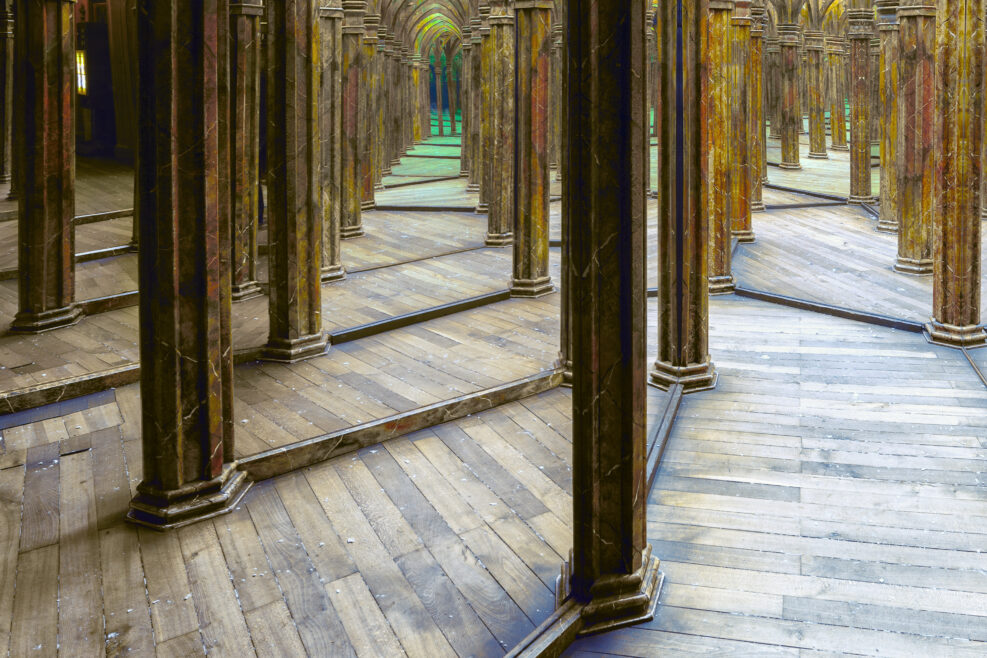
Consciousness Wars Still Simmer, Despite Peacekeeping Efforts
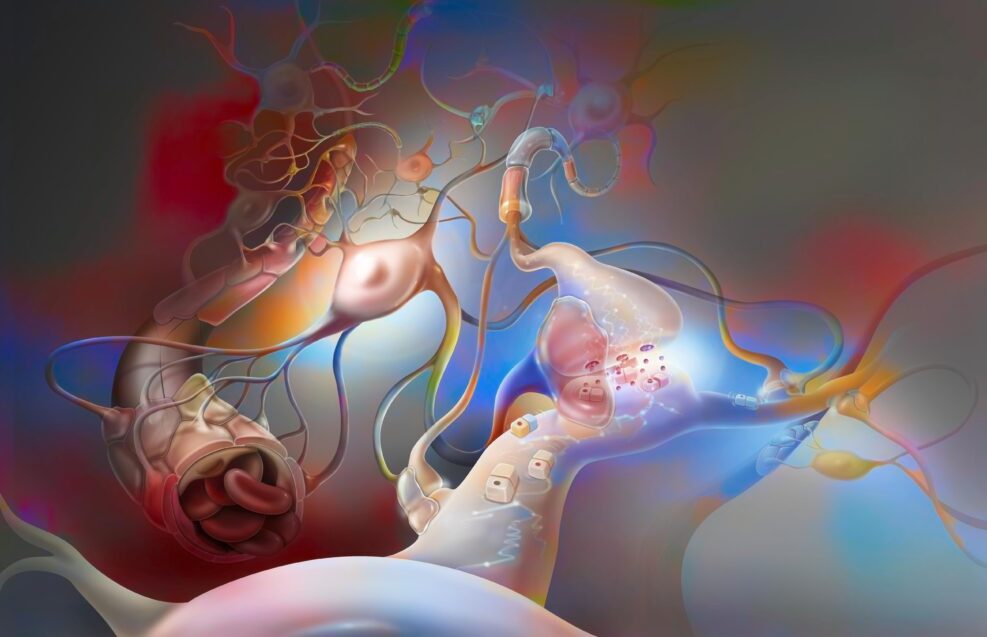
New Findings About Our Mysterious “Second Brain”
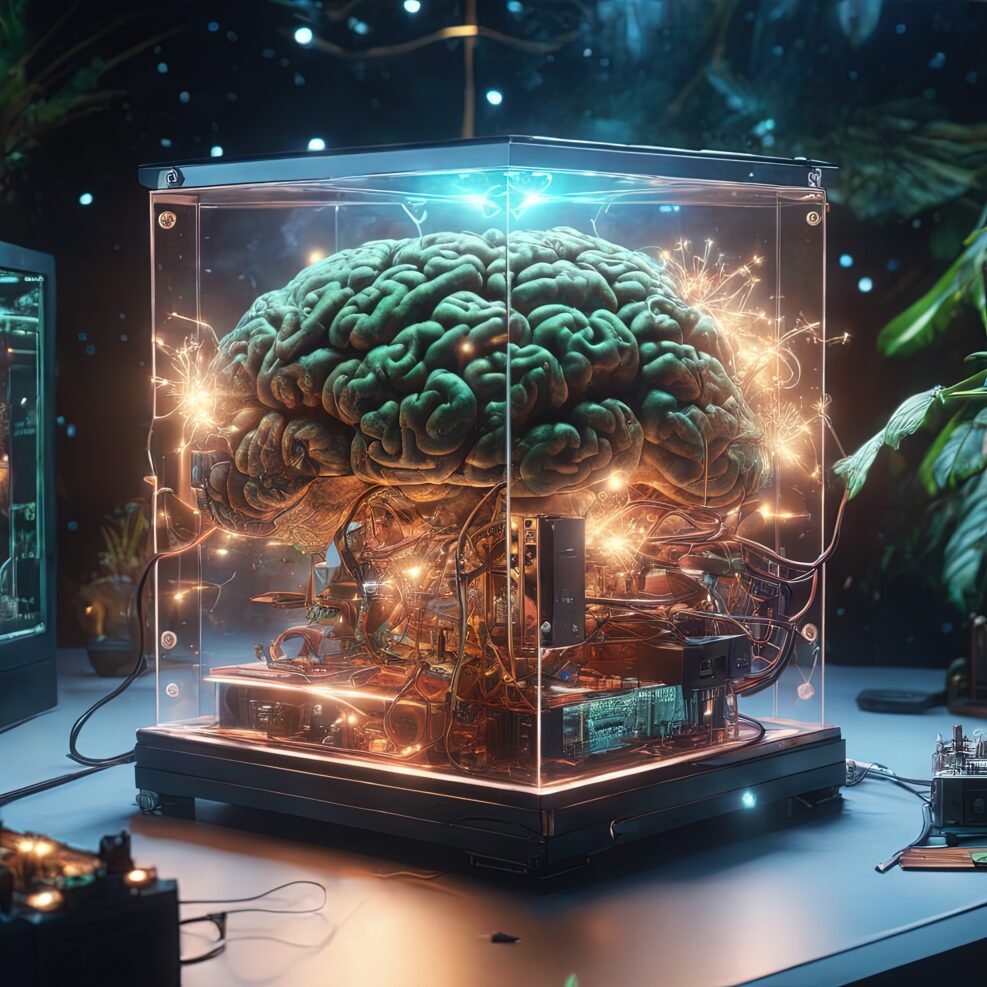
Does the Brain Constrain the Mind Instead of Creating It?
There is no systematic, science-based reason today to think that’s not true and plenty of evidence suggests that it is